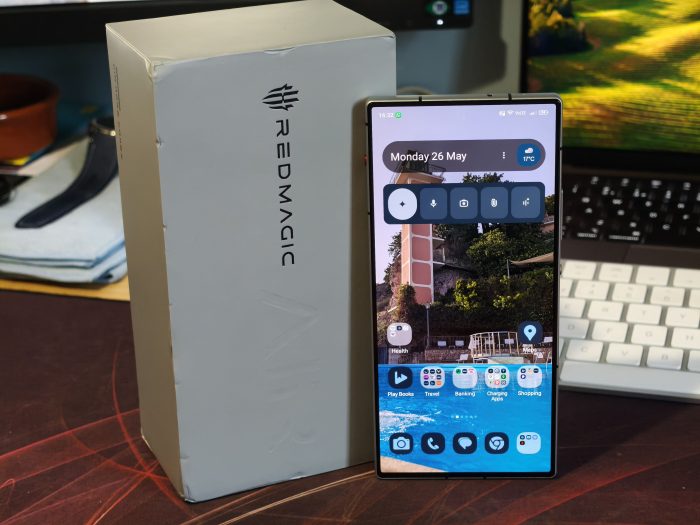Apple is getting ready to let European iPhone customers choose third-party voice assistants, including Google Assistant, Gemini, ChatGPT, and others instead of the native Siri. This represents a major change from Siri’s long-standing platform exclusiveness, since 2011.
Apple’s move comes in response to the EU’s Digital Markets Act, which mandates that so‑called “gatekeeper” platforms must offer fair competition and allow users to override built‑in defaults.
According to reports, Apple will include a new “Default Assistant” setting in iOS 18.5 and iOS 19 for EU devices. The update will likely roll out shortly after those releases later in 2025 . Users will see a list of compatible assistants and can tap to set one as their system‑level assistant.
Third‑Party Assistant Support
Eligible alternatives will include Google Assistant, Google’s Gemini AI, OpenAI’s ChatGPT, Microsoft Copilot, DeepSeek, Meta AI, and any other voice agents whose developers adopt Apple’s assistant API. These assistants will handle core intents such as messaging, navigation, smart‑home control, and general queries, but will initially lack full access to lower‑level system services like toggling airplane mode or changing system volume .
Sans Siri: Technical and User‑Experience Constraints
Despite the regulatory opening, Apple’s Siri infrastructure remains deeply woven into iOS. Features such as “Hey Siri” activation, power‑button invocation, lock‑screen suggestions, and proactive widget placements rely on private system hooks that Apple is not immediately exposing to third parties.
As such, replacing Siri will primarily affect user‑initiated voice‑app launches rather than fully substituting Siri’s behind‑the‑scenes integrations .
Siri’s Native AI Overhaul Delay
Apple’s next-generation Siri, which is powered by a massive language model and was originally revealed at WWDC 2024, has been delayed and is expected to be introduced in iOS 19 after extensive internal testing and bias reduction activities.
In the meanwhile, activating third-party assistants may alleviate feature deficiencies, but customers may have disconnected experiences until Apple’s own AI-enhanced Siri is deployed.
This change marks a symbolic victory for choice among EU customers. Moreover, the actual benefits will rely on the degree of integration third-party assistants may achieve over time. Siri will remain the only default choice outside of the EU, underlining that this move largely relates to regulatory conformance rather than a general iOS policy at this moment.






